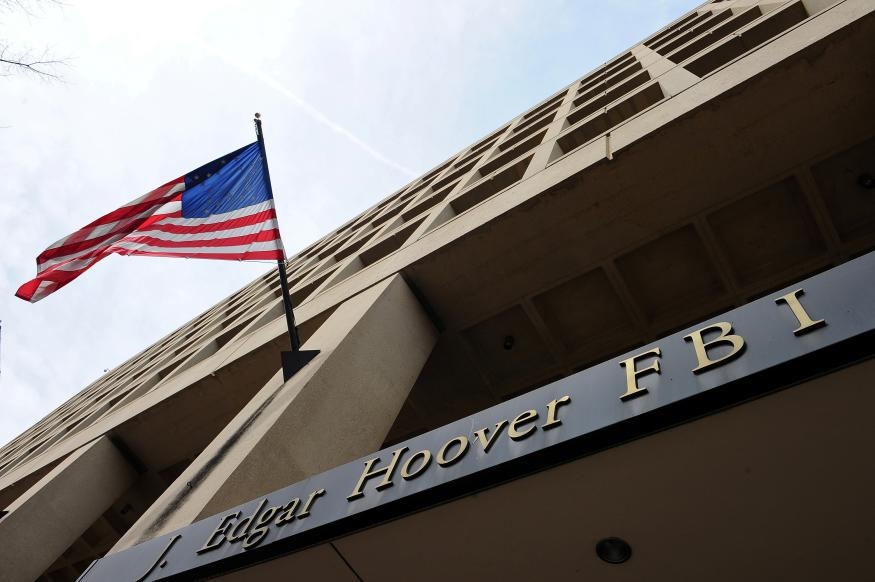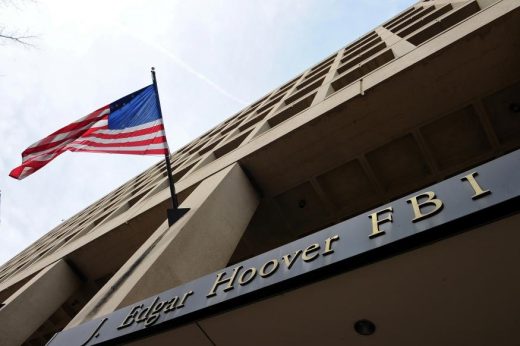FBI says it has ‘contained’ a cybersecurity incident on its network
FBI email servers were hacked to target a security researcher
The FBI appears to have been used as a pawn in a fight between hackers and security researchers. According to Bleeping Computer, the FBI has confirmed intruders compromised its email servers early today (November 13th) to send fake messages claiming recipients had fallen prone to data breaches. The emails tried to pin the non-existent attacks on Vinny Troia, the leader of dark web security firms NightLion and Shadowbyte.
The non-profit intelligence organization Spamhaus quickly shed light on the bogus messages. The attackers used legitimate FBI systems to conduct the attack, using email addresses scraped from a database for the American Registry for Internet Numbers (ARIN), among other sources. Over 100,000 addresses received the fake emails in at least two waves.
The FBI described the hack as an “ongoing situation” and didn’t initially have more details to share. It asked email recipients to report messages like these to the bureau’s Internet Crime Complaint Center or the Cybersecurity and Infrastructure Security Agency. Troia told Bleeping Computer he believed the perpetrators might be linked to “Pompomourin,” a persona that has attacked the researcher in the past.
Feuds between hackers and the security community aren’t new. In March, attackers exploiting Microsoft Exchange servers tried to implicate security journalist Brian Krebs using a rogue domain. However, it’s rare that they use real domains from a government agency like the FBI as part of their campaign. While that may be more effective than usual (the FBI was swamped with calls from anxious IT administrators), it might also prompt a particularly swift response — law enforcement won’t take kindly to being a victim.
These fake warning emails are apparently being sent to addresses scraped from ARIN database. They are causing a lot of disruption because the headers are real, they really are coming from FBI infrastructure. They have no name or contact information in the .sig. Please beware!
— Spamhaus (@spamhaus) November 13, 2021

(15)



